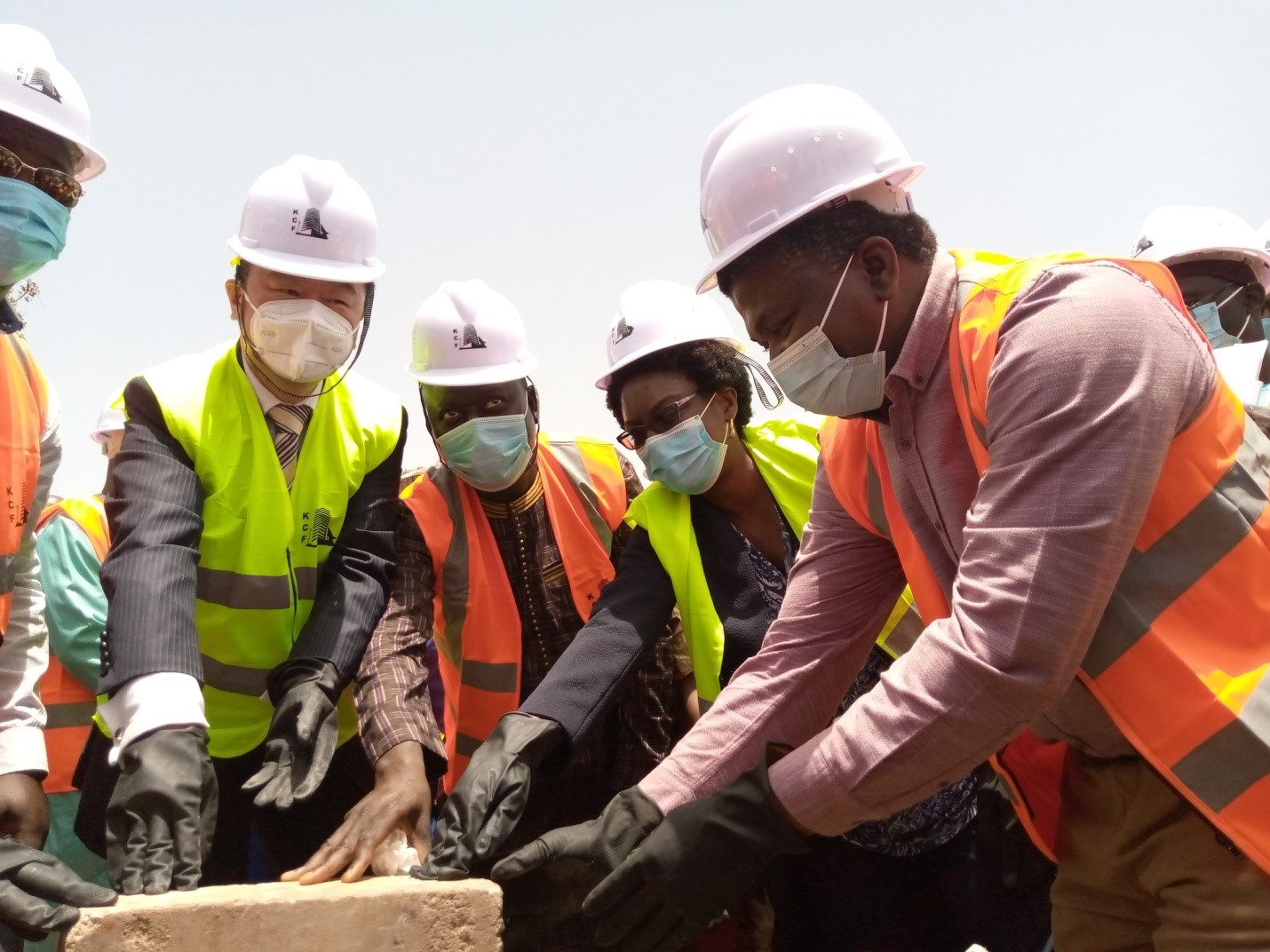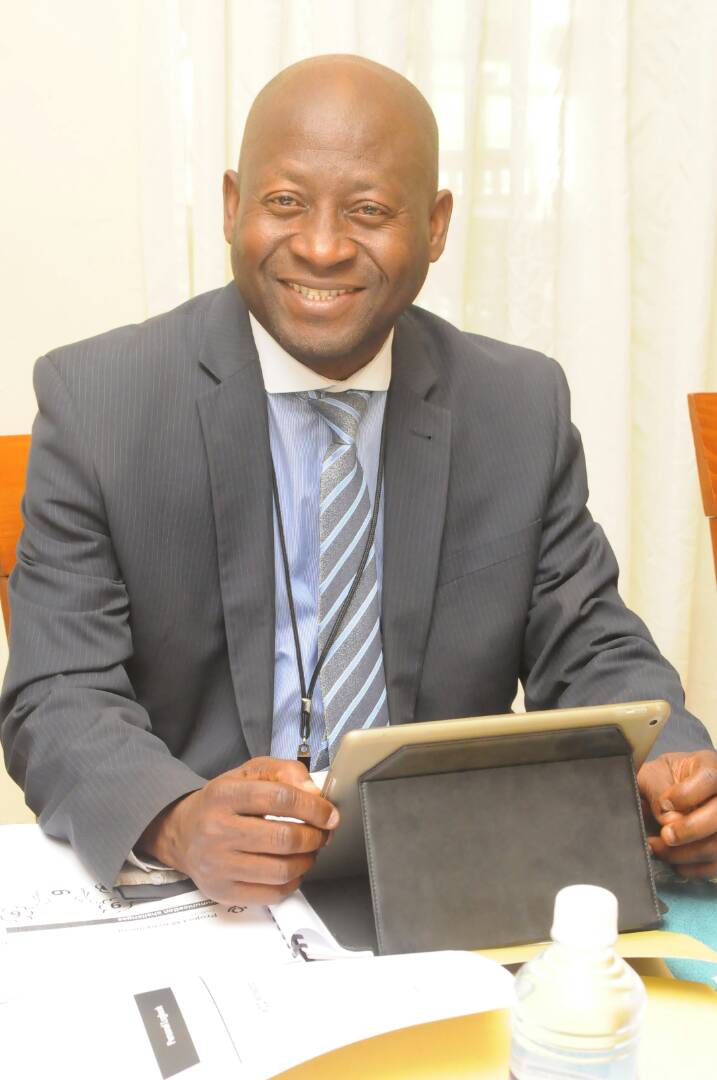By Yunus S Saliu
The Minister of Health was Saturday joined by the Minister of Information, Ambassador of the Peoples Republic of China to The Gambia, the World Bank Country Representative to The Gambia to lay the foundation stone of the Clinical Waste Treatment Centre (CWTC) at Farato Farms, Farato village, West Coast Region.
The Health Ministry supported by the World Bank has procured clinical waste treatment equipment – Ecosteryl 250 series which will be installed at the site, about 30km from Banjul, and about 4km from the town of Brikama, for clinical waste treatment.
The equipment, according to the Ministry of Health, already tested to treat waste generated in health care facilities by microwave disinfection, it is electricity operated and reduces the waste to at least 20 percent.
Delivering his keynote address prior laying the foundation stone, the Honorable Minister of Health, Dr Momodou Lamin Samateh said the CWTC is one of the World Bank supported sub projects in Farato.
The Minister expressed that health care waste management in the total stream of wastes from health facilities include shafts, non-shafts, blood, body parts, chemicals, pharmaceuticals, medical devices and in some cases radioactive materials.
He noted that “poor management of the health care waste exposes health care workers, the waste handlers and the communities to infection, toxic effects and can resolve in disease or injury.
The management of health care waste, he said, has become an urgent need to such that health from adverse effects called improper management of the health care waste.
“In the Gambia medical waste disposal has been even more difficult due to inadequate and insufficient infrastructural facilities for the management and tremendous clinical waste,” he disclosed and added that majority of the health care institutions do not practice safe waste handling storage and disposal method because of inappropriate infrastructure and even lacks of the appropriate knowledge.
So over the period “it has been a challenge for the Ministry of Health to properly manage clinical waste generated from the health facilities across the country. As a result the availability of functional health waste management facilities was prioritize by the Ministry and supported by the World Bank,” the Health Minister revealed.
Dr Samateh went further outlining the rationale behind having this facilities which he said is to enhance the proper management of clinical waste and as well protect the health care workers, patients, communities and the environment: “Because medical waste presents high risk to doctors, nurses, public health officials, drivers, technicians, health laborers, hospital visitors and patients themselves due to arbitrary management of waste as we have in the country today.”
Therefore, the collection and disposal of this items especially the syringes will help in a long way to curb the spread of diseases especially HIV and hepatitis.
To further address this challenge, the “World Bank will be supporting the Ministry of Health with four clinical waste collection trucks and in the areas of capacity strengthening the World Bank has supported the training of health care workers on clinical waste management and provided them with required equipments and materials.”
The Honorable Minister, again, thanked the World Bank for its support and for working with the Ministry of Health and being a leading partner in supporting the ministry activities before, during and when covid-19 might have gone.
The World Bank Country Representative, Madam Feyi Boroffice gave a bit background about the World Bank and its activities in The Gambia.
She said the World Bank is made up of five institutions focusing on knowledge sharing with government, financing government, and assisting government in accomplishing its development goals. “Also we have what is called the International Development Association (IDA), an organization that works very closely with the poorest countries, providing very low interest on concessional loans and also grants, and the Gambia is a grant recipient,” country she added.
According to her, WB and government of the Gambia has been working extremely hard even in the midst of the pandemic to make sure that The Gambia emerges better and stronger.
World Bank, she said, is one of the largest supporters of the Covid-19 response starting with the $10.9 million Covid response project, which also fund the CWTC. In addition to that, she said WB is having several other projects to address the Covid-19 pandemic while she pointed out few among other ongoing social protection project, Nafa Quick, energy project, education project fund by global partner and among others.
Also delivered speech at the launching included representative of the West Coast Governor, the World Bank Health Task Team leader, the Consultant and as well as the contractor.




